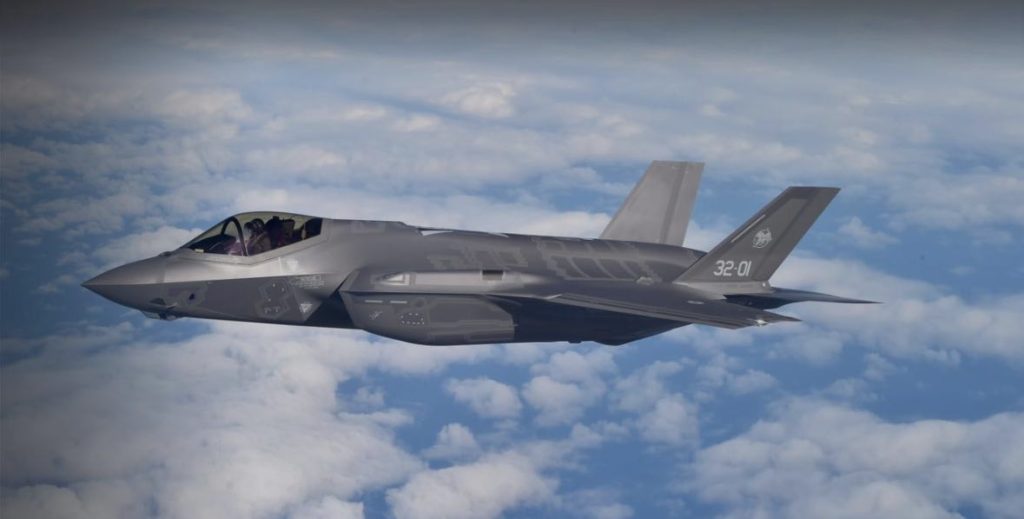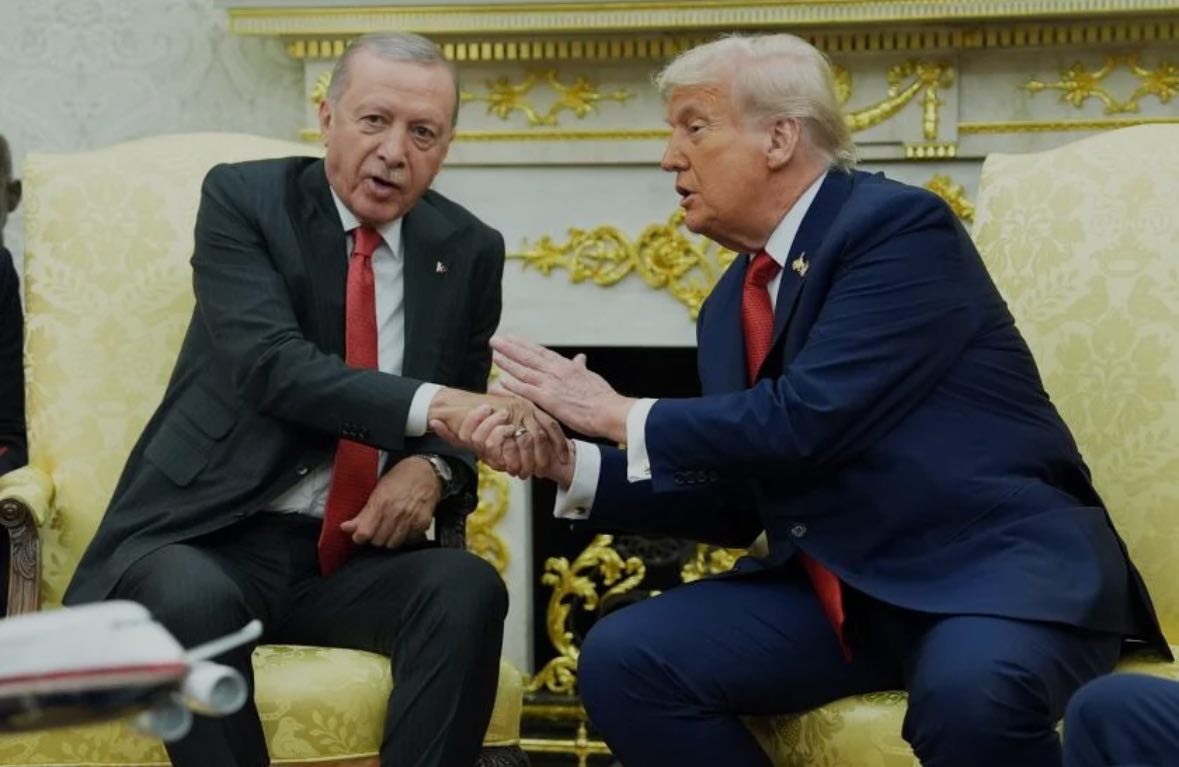Erdogan and Trump on the Path to Redefining Security Relations
Erdogan and Trump on the Path to Redefining Security Relations
According to the IranGate News Agency, the recent meeting between Recep Tayyip Erdogan and Donald Trump at the White House marked a turning point in Ankara-Washington relations. The meeting focused on topics such as the sale of F-35 fighter jets, reducing Turkey’s energy dependence on Russia, and the future of defense and nuclear cooperation between the two countries. The outcomes could present new challenges to Turkey’s foreign policy balance.
Recent Developments in Turkey-U.S. Relations in Light of the Erdogan-Trump Meeting
Last month, Turkish President Recep Tayyip Erdogan and U.S. President Donald Trump held an official meeting at the White House. The meeting was attended by ministers and senior officials from both countries, with discussions centered on expanding cooperation in defense, energy, and civilian aviation sectors.
During this meeting, Trump emphasized the necessity of reducing Turkey’s energy imports from Russia.
Regarding the sale of F-35 fighter jets to Turkey, Trump stated that an agreement is possible but made it conditional on reciprocal cooperation from Ankara.
The F-35 and S-400 Issue: A Security Challenge for Ankara

After purchasing the S-400 air defense system from Russia in 2019, Turkey was removed from the F-35 fighter jet project and subjected to U.S. sanctions under the Countering America’s Adversaries Through Sanctions Act (CAATSA).
Marc Pierini, former EU ambassador to Turkey and a Carnegie Europe expert, told BBC Turkish that the U.S. is trying to draw Turkey closer through economic promises and diplomatic incentives.
He believes that if the proposed agreements are realized, maintaining a balance between Moscow and Washington will become more challenging for Ankara.
Gonul Tol, Director of the Turkey Program at the Middle East Institute, an American think tank, believes that the inability to advance the F-35 and S-400 issues practically reflects Turkey’s dependence on the West, especially in the defense sector.
She noted that Ankara’s purchase of the S-400 system was presented as a step towards strategic independence, but this goal has not been fully achieved.
According to Tol, the absence of fifth-generation fighter jets and the continued use of older F-16s have created a strategic gap in Turkey’s national security, which is expected to last until around 2030.
Sanctions and the Development of Indigenous Defense Industries
In addition to the limitations imposed by U.S. sanctions, Turkey has been striving in recent years to reduce its reliance on military equipment imports.
Some analysts believe that sanctions have accelerated the process of localizing defense technologies, especially in the drone sector.
Despite the reported progress, major projects like the indigenous fighter jet, Kaan, still rely on cooperation with Western countries.
After the Washington meeting, Turkish Foreign Minister Hakan Fidan’s statements about U.S. Congress opposition to granting licenses for Kaan fighter jet engines have raised questions about the future of this project.
Energy: A Field of Competition Between Washington and Moscow
Trump’s request to stop buying oil from Russia is seen as a sign of Washington’s attempt to intervene in Turkey’s energy balance policy.
Turkey meets a significant portion of its energy needs through imports, with Russia being its main partner in the oil and gas sector.
Marc Pierini pointed to recent agreements between Turkey’s BOTAS and several American companies for liquefied natural gas imports, as well as a memorandum of understanding in the civilian nuclear energy sector, as signs of U.S. competition with Russia in strategic areas.
Turkey is currently constructing its first nuclear power plant in Mersin Province with the cooperation of Akkuyu Nuclear, which is primarily funded by Russian investment. The first unit of this plant is expected to be operational by 2025.
However, Turkey has announced that it may collaborate with the U.S. and South Korea for the construction of a second power plant.
Impact on Ankara-Moscow Relations
Mehmet Saglam, Director of the Energy and Climate Studies Center at the Economic Policy Research Foundation of Turkey, interpreted Trump’s request as a message to Putin, indicating the possibility of excluding Russia from Turkey’s energy market if necessary.
Gonul Tol also warned that U.S. insistence on reducing Turkey’s energy dependence on Russia could alter Ankara’s relations with Moscow.
She said that if Trump persists with this demand, Turkey might be forced to reconsider its energy policies.
In response to these developments, Kremlin spokesman Dmitry Peskov emphasized that Turkey is an independent country and that cooperation with Russia in the energy sector will continue as long as it is beneficial for Ankara.
Oguzhan Akyiner, President of the Turkish Energy Strategy Research Center, believes that a large portion of energy interactions between the two countries occurs through informal channels, and it is unlikely that political pressures will have a significant impact on these relations, although Turkey might adjust its imports slightly.
What Does the Future Hold?
Recent developments in Turkey-U.S. relations have, on one hand, created prospects for expanding economic and security cooperation and, on the other hand, introduced new complexities to Turkey’s policy of balancing between East and West.
While Ankara strives to strengthen its strategic independence in the defense and energy sectors, increasing pressures from both global powers have posed challenges to the continuation of this approach.

